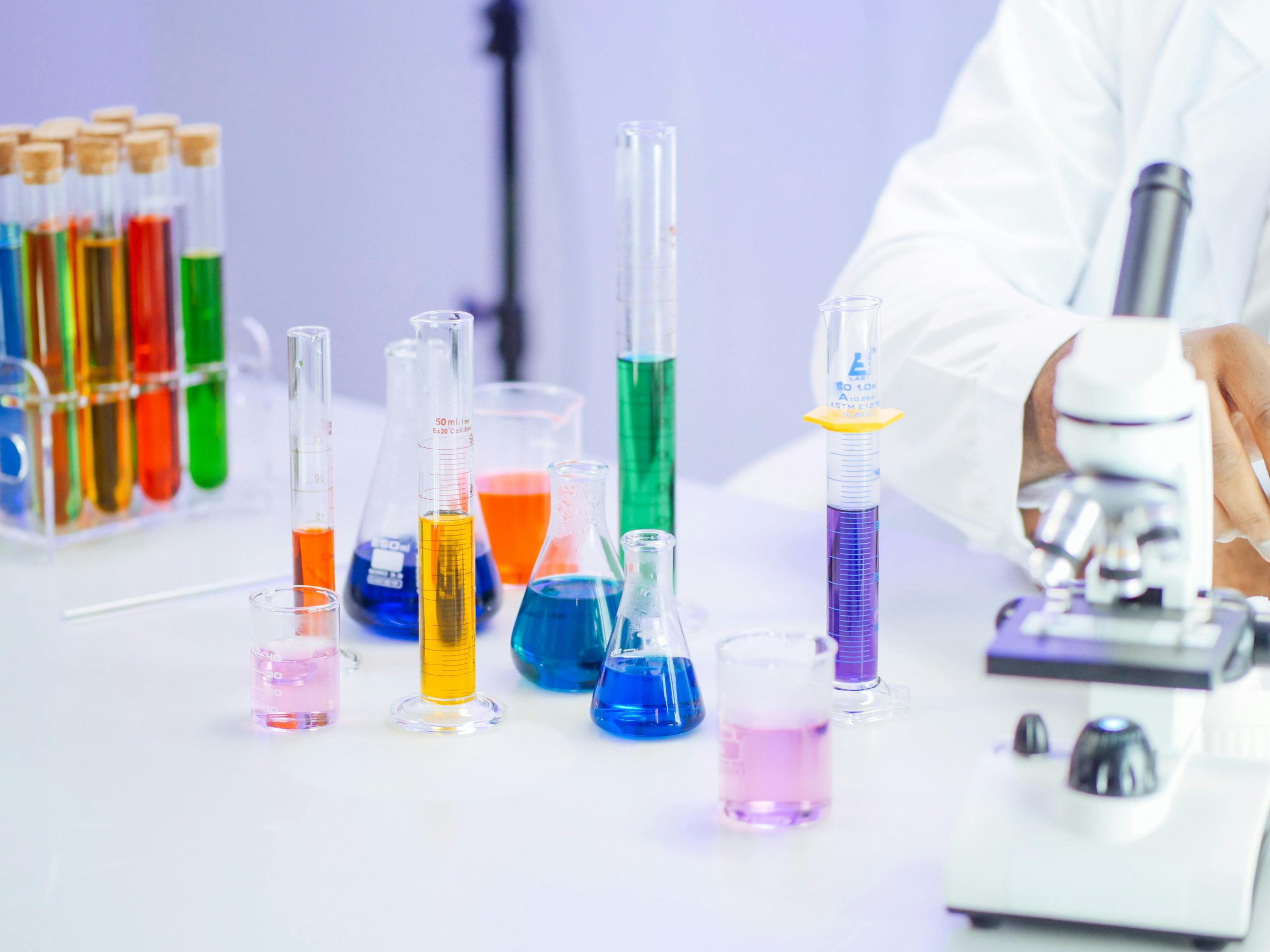The healthcare landscape is undergoing a seismic shift, thanks to groundbreaking advancements in biotechnology. From personalized medicine to gene editing, biotech innovations are transforming how we diagnose, treat, and prevent diseases. These breakthroughs are not just improving patient outcomes—they’re redefining the very fabric of modern medicine. In this article, we’ll explore the most impactful biotech innovations and how they’re revolutionizing healthcare.
Personalized Medicine: Tailoring Treatments to the Individual
One of the most significant contributions of biotechnology to medicine is the rise of personalized medicine. Unlike traditional one-size-fits-all approaches, personalized medicine leverages genetic, environmental, and lifestyle data to create customized treatment plans. For example, pharmacogenomics—the study of how genes affect a person’s response to drugs—allows doctors to prescribe medications with greater precision, minimizing side effects and maximizing efficacy.
Cancer treatment has particularly benefited from this approach. Therapies like CAR-T cell therapy harness a patient’s own immune cells, genetically modifying them to target and destroy cancer cells. Similarly, liquid biopsies enable early detection of tumors through a simple blood test, offering a less invasive alternative to traditional biopsies.
CRISPR and Gene Editing: Rewriting the Code of Life
The advent of CRISPR-Cas9 has opened up unprecedented possibilities in gene editing. This revolutionary technology allows scientists to precisely alter DNA sequences, correcting genetic mutations that cause diseases. From sickle cell anemia to cystic fibrosis, CRISPR holds the potential to cure previously untreatable genetic disorders.
Beyond treating diseases, CRISPR is also being explored for preventive medicine. Researchers are investigating its use in editing genes associated with high cholesterol or Alzheimer’s, potentially reducing the risk of these conditions before they manifest. However, ethical considerations remain a topic of intense debate, particularly regarding germline editing and its long-term implications.
Biopharmaceuticals: The Next Generation of Drugs
Traditional small-molecule drugs are being complemented—and in some cases replaced—by biopharmaceuticals. These drugs, derived from living organisms, include monoclonal antibodies, recombinant proteins, and vaccines. Biopharmaceuticals offer higher specificity and fewer side effects compared to conventional treatments.
The rapid development of mRNA vaccines during the COVID-19 pandemic showcased the power of biopharmaceuticals. Companies like Moderna and Pfizer-BioNTech demonstrated how mRNA technology could be adapted quickly to combat emerging threats. This success has paved the way for mRNA-based treatments for other diseases, including influenza, HIV, and even cancer.
Artificial Intelligence in Biotech: Accelerating Discovery
Artificial intelligence (AI) is playing an increasingly vital role in biotechnology, accelerating drug discovery and diagnostics. Machine learning algorithms analyze vast datasets to identify potential drug candidates, predict patient responses, and even design new molecules. This reduces the time and cost associated with bringing new treatments to market.
AI is also enhancing diagnostic accuracy. For instance, AI-powered imaging tools can detect early signs of diseases like diabetic retinopathy or lung cancer with remarkable precision. By integrating AI with biotech, healthcare providers can deliver faster, more accurate diagnoses and treatments.
Regenerative Medicine: Healing the Body from Within
Regenerative medicine aims to repair or replace damaged tissues and organs using stem cells, tissue engineering, and biomaterials. Stem cell therapies, for example, are being used to treat conditions like spinal cord injuries, Parkinson’s disease, and heart failure. These therapies promote healing by harnessing the body’s natural regenerative capabilities.
3D bioprinting is another exciting frontier. Scientists are experimenting with printing living tissues and even organs, which could one day eliminate the need for organ transplants. While still in its early stages, regenerative medicine promises to address some of healthcare’s most persistent challenges.
Conclusion
Biotechnology is undeniably transforming modern medicine, offering solutions that were once the stuff of science fiction. From personalized treatments and gene editing to AI-driven diagnostics and regenerative therapies, these innovations are improving lives and pushing the boundaries of what’s possible. As research continues to advance, the future of healthcare looks brighter than ever—powered by the incredible potential of biotech.
